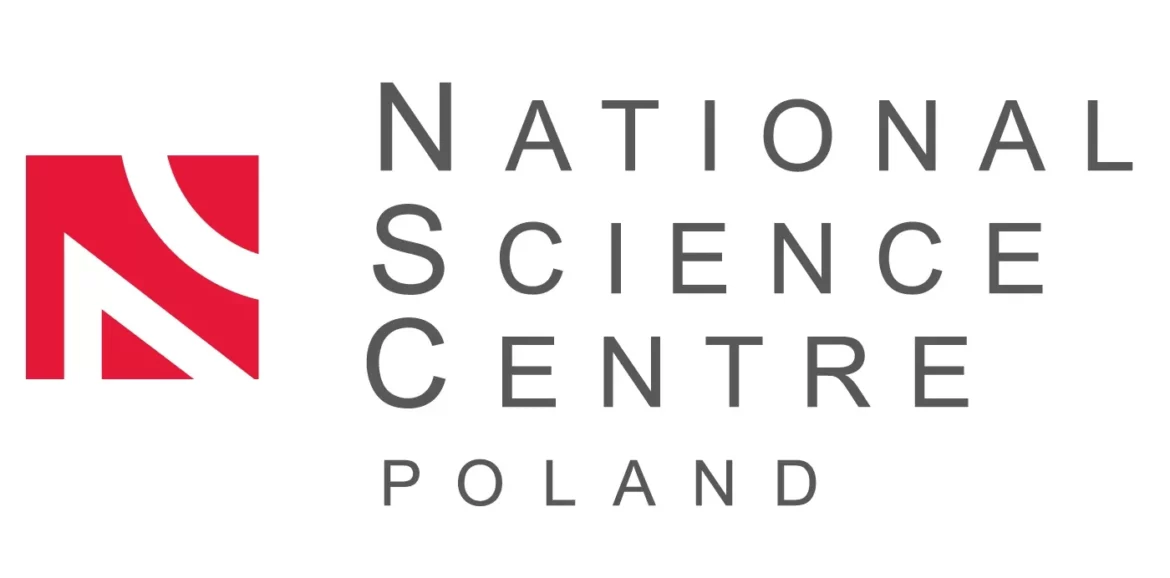We are thrilled to announce that the National Science Centre (NCN) has awarded two OPUS 27 grants, which will be conducted in collaboration with the Department of Physics and Biophysics, Institute of Biology, Warsaw University of Life Sciences-SGGW.
Project 1: „Mitochondrial potassium channels as sensors and regulators of redox signaling”,
PI dr hab. Bogusz Kulawiak (Nencki), project partner dr hab. Piotr Bednarczyk, prof. SGGW (SGGW)
The project investigates redox regulation of mitochondrial potassium (mitoK) channels and their impact on mitochondrial function. It focuses on how the redox state affects mitoBKCa and mitoKATP activity. The study also evaluates mitoK channels redox regulation effects under normoxia and hypoxia, exploring their role in mitochondrial metabolism, cytoprotection, and oxidative stress. Advanced techniques will analyze mitochondrial transcriptome, metabolome, and lipidome for a deeper understanding of mitoK channels activity.
Project 2: „Exploring the impact of nanoplastics on cellular injury: investigating the role of mitochondrial potassium channels”
PI dr hab. Piotr Bednarczyk, prof. SGGW (SGGW), project partner dr hab. Bogusz Kulawiak (Nencki)
The project focuses on identifying and characterizing mitoK channels in human intestinal epithelial cells and their role in protecting against nanoplastics (NPs) or oxidative stress. Key goals include studying the biophysical and pharmacological properties of mitoK channels, evaluating ion transport changes, and generating cell lines with modified mitoK expression. Additionally, the research will assess how NPs affect cell survival, oxidative stress, apoptosis, and DNA damage. Particular attention will be given to the role of mitoK channels under NP-induced stress. These findings aim to uncover cytoprotective mechanisms and support the development of therapies for epithelial injuries and intestinal disorders linked to NPs.
Both projects aim to expand our knowledge of key biological processes, potentially leading to new therapeutic strategies for diseases associated with mitochondrial dysfunction and environmental toxicity. We are excited about our collaboration with Warsaw University of Life Sciences-SGGW and invite you to follow the progress of these exciting studies!
